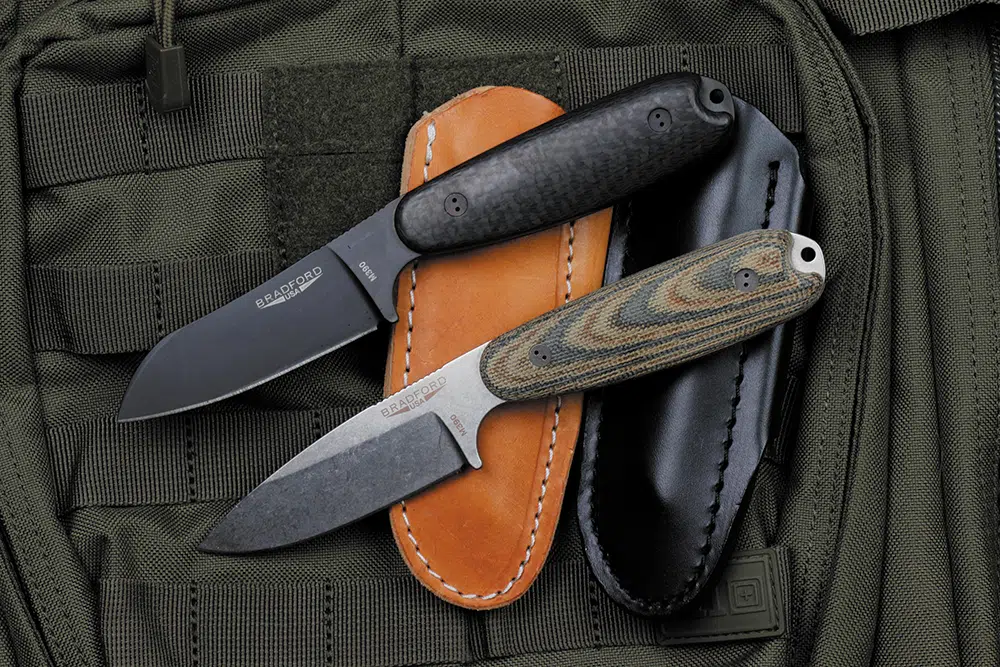For kitchen professionals, the selection of knife materials is crucial. The effectiveness and longevity of your tools can have a direct impact on your work performance. Among various factors, ensuring your knives resist corrosion is paramount to maintaining their quality and efficiency over time. The notion of corrosion-resistant blade materials becomes particularly significant when selecting knives that can withstand the demanding environment of a professional kitchen.

Why Corrosion Resistance Matters in Professional Kitchens
Corrosion, which is the deterioration of materials due to chemical reactions with their environment, can significantly weaken a blade, compromise food safety, and even affect the taste of dishes. In a professional kitchen, where blades frequently come into contact with acids, moisture, and salts, using corrosion-resistant blade materials is essential to ensure both reliability and durability.
The choice of materials impacts more than just aesthetics and maintenance. It directly influences a knifes lifespan and its ability to maintain a sharp, effective edge. Corrosion-resistant knives are designed to prevent rust and maintain integrity, offering chefs a consistent tool on which to rely.
Top Materials Used in Corrosion-resistant Blades
Prolific Stainless Steel
Stainless steel is renowned for its corrosion resistance. Popular varieties such as 440C, VG-10, and AUS-8 are celebrated for striking an optimal balance between hardness, toughness, and rust resistance. Stainless steel knives are easy to maintain and extremely durable, making them a go-to choice for many chefs.
Ceramic Blades: Unconventional Choice
Ceramic is a unique material in the kitchen knife realm. Known for its hardness and ability to stay sharp longer than steel, ceramic blades are naturally corrosion-resistant. They offer an edge that excels at precision cutting, perfect for delicate tasks. However, their brittleness requires careful handling.
Titanium: The Lightweight Contender
Titanium blades are gaining attention due to their lightweight nature and exceptional resistance to corrosion. While not as hard as steel, titaniums flexibility and toughness offer unique advantages. Its ability to maintain integrity against environmental impacts makes it a viable option for corrosion-resistant kitchen tools.
Factors Influencing Knife Selection
While understanding the materials is integral, professionals must also consider other factors when choosing knives:
Blade Length and Thickness
[Blade length options](https://knives.shop/blogs/kitchen-knives/blade-length-options) and thickness determine cutting efficiency and comfort in handling. Thicker blades offer durability, whereas slim profiles allow for more agile movements.
Finish and Coatings
The [blade finish](https://knives.shop/blogs/kitchen-knives/blade-finish-types) not only influences aesthetics but also friction reduction during cuts. Certain finishes, combined with nonstick [blade coatings](https://knives.shop/blogs/kitchen-knives/blade-coating-benefits), enhance corrosion resistance by minimizing the surfaces exposed to corrosive agents.
Maintenance and Sharpening
Regardless of material, regular maintenance, including proper cleaning and sharpening, is vital. Corrosion resistance rests equally on the materials properties and the owners care routine.
The Anatomy of a Knife and its Role in Corrosion Resistance
Understanding the primary components of knife anatomy such as the shoulder, edge, and tang's integration with the blade affects its overall durability and resistance to external factors including corrosion. This comprehension empowers chefs to select knives designed for longevity.
Conclusion: Harnessing the Power of Corrosion-resistant Materials
In the world of professional kitchens, where excellence is anticipated, and longevity is paramount, selecting knives with corrosion-resistant blade materials is a non-negotiable standard. From stainless steel to ceramic and titanium, the choice not only affects the cooking experience but also the quality of the food. Proper maintenance will augment the innate qualities of these materials, ensuring timeless reliability.

FAQs about Corrosion-resistant Knives
What makes stainless steel a popular choice for knives?
Stainless steel balances hardness and corrosion resistance, making it durable and reliable, which is why it's favored by professionals.
Are ceramic knives truly corrosion-resistant?
Yes, ceramic knives are naturally resistant to corrosion because they are non-metallic and hold their sharp edges longer than many metals.
How does blade thickness impact knife performance and corrosion resistance?
The thickness contributes to the durability and strength of a knife, which can support overall corrosion resistance by reducing vulnerability to stress and wear.
This article contains affiliate links. We may earn a commission at no extra cost to you.


























